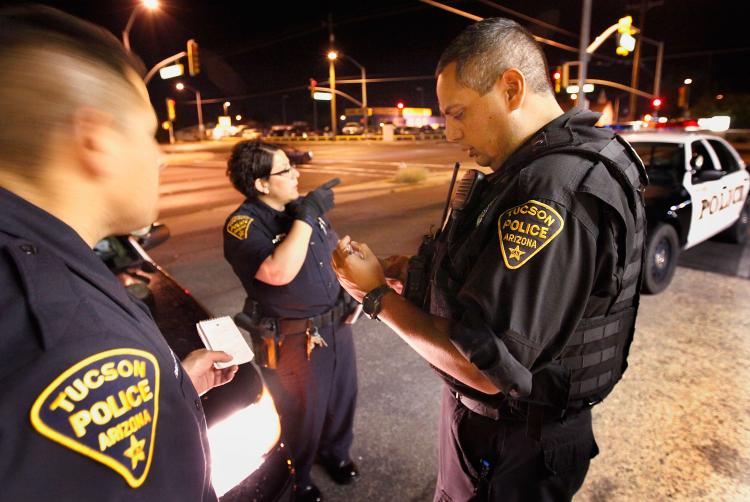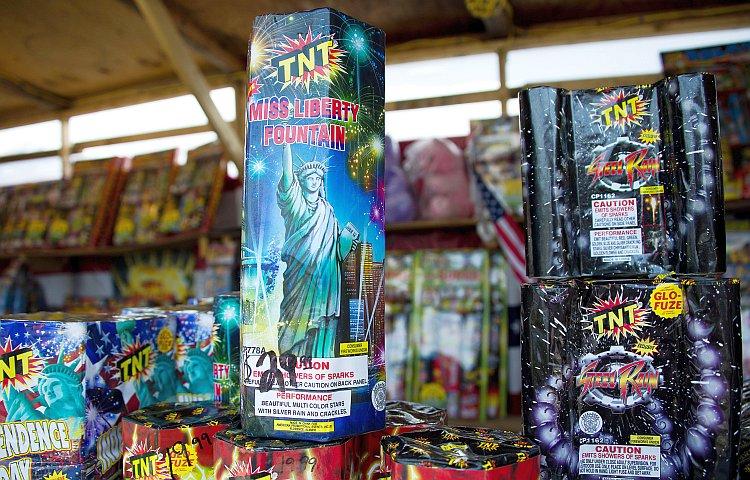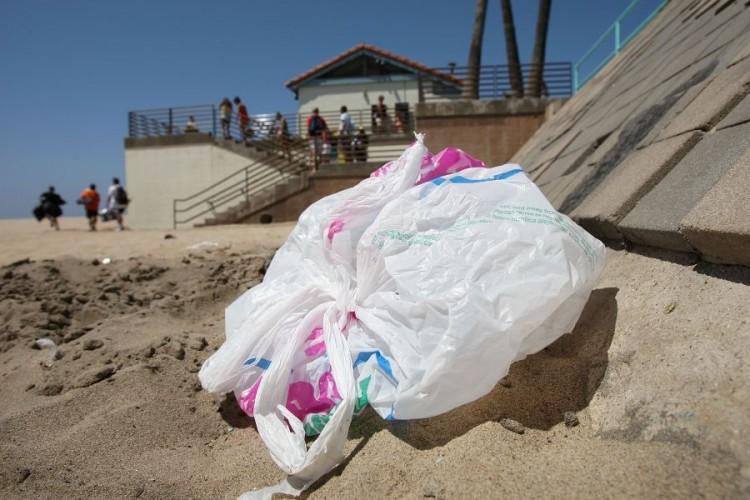Arizona’s recently-enacted immigration law, which seeks “to make attrition through enforcement” the immigration policy of state and local governments, continues to arouse strong, emotional reactions from supporters and critics; artists, advocates and politicians. The controversy surrounding Arizona SB1070, the “Support Our Law Enforcement and Safe Neighborhoods Act,” brings to light the currents impacting the debate over illegal immigration, and its potential role in the November midterm elections.
Various polls conducted since the Arizona immigration law received national attention show majority support for the state’s actions, including a Rasmussen poll in late April showing 60 percent overall approval for the Arizona law, and a Pew Research Center poll in May reflecting similar results, with 59 percent approving.
The hot-button issue for critics is the potential for “racial profiling,” a scenario where police stop someone for no apparent reason other than ethnicity, demanding to see a “suspect”’s papers to verify immigration status.
In an op-ed piece Tuesday on The Oregonian’s website, titled “Arizona’s Immigration Law: Dividing Us as a Nation,” guest columnist Raymond Caballero echoed this concern, taking it even further. In the context of growing support by Americans for Arizona’s immigration law, Mr. Caballero stated that “most Americans approve of racial profiling so long as they don’t fit the profile. They approve so long as we limit harassment to African-Americans, Latinos and Muslims.”
The concerns over the actions of law enforcement are not without merit. In April, Phoenix’s 3TV ran a story of a truck driver who was detained over suspicions of his immigration status by Immigration and Customs Enforcement (ICE) agents. After providing his commercial license and social security number, agents demanded further documentation; his wife, Jackie, had to leave work, retrieve his birth certificate, and show the proof to ICE to obtain his release.
“It doesn’t feel like it’s a good way of life, to live with fear, even though we are okay, we are legal,” Jackie was quoted, in a 3TV interview.
The governor of Arizona, Jan Brewer, in a statement posted on azgovernor.gov, said that the law addressed a problem “the federal government has refused to fix,” and did not promote racial profiling. In comparison with existing federal immigration statutes, SB1070 will be implemented “in a manner consistent with federal laws regulating immigration, protecting the civil rights of all persons and respecting the privileges and immunities of United States citizens.”
“I will not tolerate racial discrimination or racial profiling in Arizona,” Ms. Brewer said.
The Cost of Illegal Immigration
A 2004 report by the group Federation for American Immigration Reform (FAIR) estimated that the cost of illegal immigration for Arizona taxpayers—mostly in the areas of education, health care, and incarceration—amounted to $1.3 billion a year; 2010 figures are projected to be higher.
In addition to the strain illegal immigration puts on state infrastructure, the impact on law enforcement and public safety caused by violent Mexican drug cartels expanding into Arizona is notable.In the lead-up to passage of SB1070, additional measures were implemented in the last two years as law enforcement scrambled to ensure public safety and deal with increasing cartel violence in the city.
In May of 2008 Phoenix Police Chief Jack Harris announced at a news conference a revision to the department’s immigration policy—Operation Order 1.4. The revision allowed police to question an arrestee over his/her immigration status, and furthered cooperation between the department and the federal ICE agency.
The revision did not, however, allow officers to question witnesses or victims of crimes about their immigration status, nor stop someone for the sole purpose of “checking papers.”
“A Phoenix police officer’s primary responsibility is still public safety—officers will not contact or stop persons for the sole purposed of determining their immigration status”
Immigration Law: Mexico vs. United States
Mexico’s President Felipe Calderon joined President Obama at a press conference May 19, publicly criticizing Arizona’s state law as “discriminatory”; It is worth noting Mexico’s own tough stance on immigration.
Mexico’s “General Law on Population” (Ley General De Poblacion) states that foreigners in Mexico be “useful elements for the country and that they have the necessary funds for their sustenance,” and may be banned from entry if their presence upsets “the equilibrium of the national demographics.”Those who are deported and attempt illegal re-entry can be imprisoned for up to 10 years.
Mexico’s Constitution prohibits foreigners from participating in public demonstrations involving the country’s political affairs, restricts foreigners from owning land near boarders and coastal regions, and gives employment preference in the public sector to its citizens over immigrants—even legal ones—according to an analysis of the documents at factreal.com.






